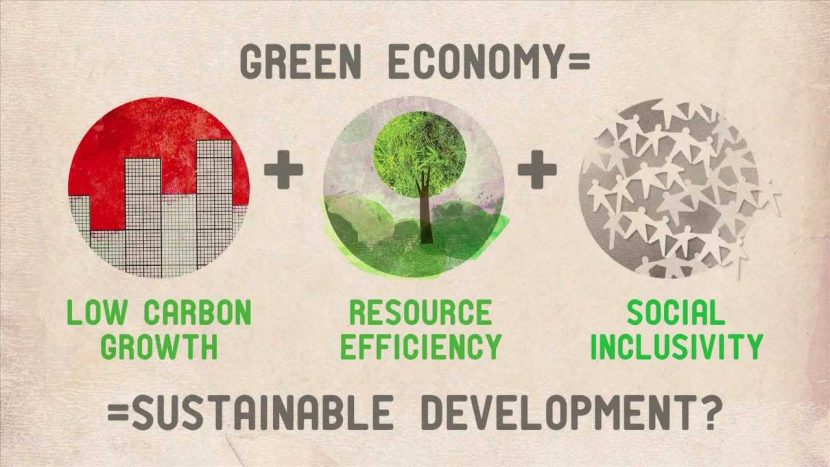by Elyas Harris
It a safe to say that in many ways the world moves to the beat of the financial markets, and these are in driven by quarterly financian statements of corporations. However, either through government spending or our own spending, we as a global society have increasingly become more aware about the impact of our spending and are starting to care about the environment and the earth we live. Traditionally environmental stewardship has been thought as a question of morality or social responsibility. But what if ecology and global economics relied on each other? They do.
Traditionally environmental stewardship has been thought as a question of morality or social responsibility.
Helping the world realize this will mean that everyone will focus on their carbon footprint because it has become an economics issue, and not just a philanthropic endeavour. The real tradeoff is not between environment and economic growth, but between the cost of inaction and how that will hamper growth in the long term. We can all benefit from a more efficient and inclusive green economy. From institutional investors, to governments, to the everyday person. There is no other way, sustainability is not an option, but the only way forward that makes any economic sense.
The real trade-off is not between environment and economic growth, but between the cost of inaction and long term growth.
For example, ecotourism is the cornerstone of many countries’ economies, Costa Rica being a prime example. Developing new renewable resources that can be used to substitute fossil fuels will help this earth immensely, as well as yield generous profits to their proponents. There are plenty of examples… lastly if the U.S. were divert a small amount of its belic industry for better weapons, and funneled those resources into research for sustainable energy, the impacts of that investment would translate into tangible benefits to US citizens in the US. The national debt would be reduced to numbers it has never been reduced to in the modern world. This mainly driven by the fact that the US would no longer rely on foreign fossil-fuel energy imports.
It makes sense to invest in the long term, and investing in the long term means prioritizing sustainable development today. In the short run, that effectively means investing more in peace, investing more in socially and environmentally sound projects and products. What do you say…? Give Me 5!


